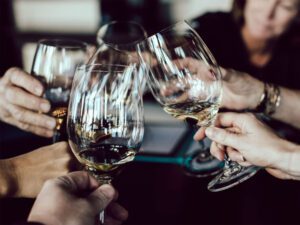
6 Different Wines to Try …When You Get Sick of the Classics!
Discover six lesser-known grape varieties that offer distinctive flavors and are worth exploring beyond the classics.
Make 2026 THE year.
Take 10% OFF your first 12 months of Tasting Group!
Code:
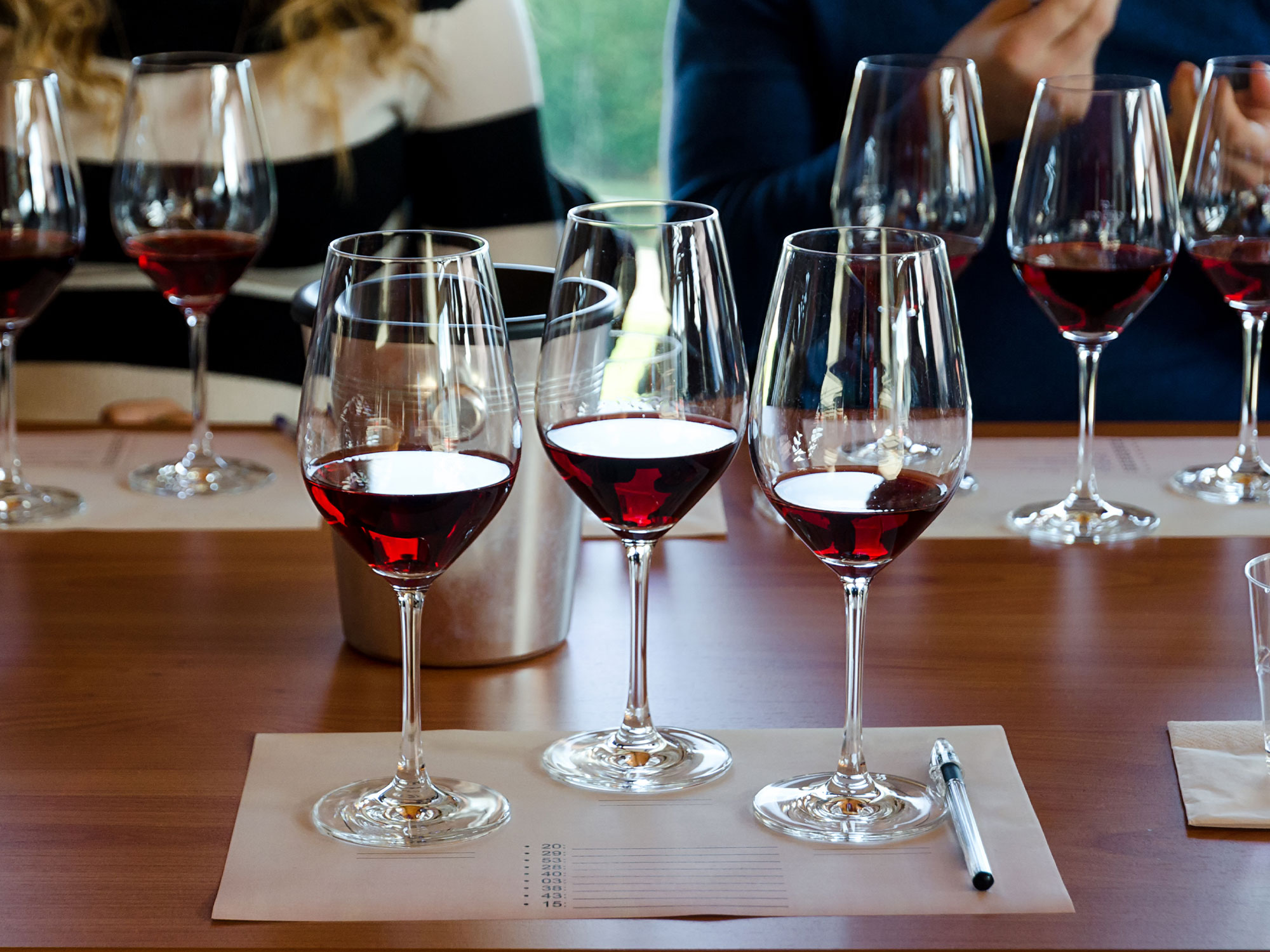
The Court of Master Sommeliers has a Level 2 Certified Exam, a Level 3 Advanced Exam, and a Level 4 Masters Exam that is divided into three parts. These include:
Theory – written test questions about regions, grapes, soil etc.
Service – correctly presenting and serving a bottle of sparkling wine to a table of “guests” (Master Sommeliers), while they quiz you about wines, food pairings, and cocktails
and
Deductive Tasting – otherwise known as ‘blind tasting’, where you have to identify a wine by using all of your senses, including sight, aroma, taste, mouthfeel, etc. You are breaking the wine in front of you down into taste descriptors and structural components (acid, alcohol, tannin). By going through the red wine or white wine tasting grid, you discover clues about that wine that will lead you to the varietal, the region, and the vintage (if you’re lucky).
I have been anxiously awaiting this workshop for MONTHS. I’ve been needing some help with blind tasting and I figured this might be my ticket. Here are my 6 biggest takeaways and why you should consider this workshop if you want to advance in your tasting abilities.
It’s easy to say you can easily identify a wine with high acid, but is your palate in line with the majority of people you are tasting with? If everyone else is saying a wine has medium acid and you think it’s high, maybe you need to dial your perception of acid down.
It is almost impossible to learn to taste alone (and incredibly costly). Learning is almost always better in groups, or at least pairs. If you call the wrong wine, other people tasting with you can help you discover where you went wrong. It also truly helps to have people that are better blind tasters than you, as humiliating as it might feel at first. If you don’t have a tasting group, find one or make one!
Picture yourself driving down the highway reciting each varietal as it would apply to the grid. It sounds ridiculous, but saying something out loud until you can commit it to memory is key! You will know it so well that when it comes time to use it for a blind, you won’t have to think twice. You’ll be able to focus on that wine’s characteristics and not what comes next on the grid!
“This wine is a white wine. It is clear. No evidence of sediment. Medium concentration. Yellow in color. No rim variation. No staining.”
Find out what camp you are in, and move on. If fruit is driving the bus, you know you are probably in new world. If you are in the red fruit camp vs. the black fruit camp, that will narrow down your conclusions even more.
ALSO: If you are trying to figure out whether you taste orange or mandarin, you are wasting precious time. If you smell or taste orange citrus, just say orange. Tasting mandarin will not lead you to one specific wine nor will it get you bonus points on the exam. Simplifying the deduction process will make the battle easier.
NOTE: The condition of the fruit does matter, however! (Tart, Ripe, Dried, etc.)
Your senses will adjust when they are exposed to something for a period of time (pretty quickly, actually). You’ll notice that when you go to smell a wine, it gets harder and harder to find aromas after a few sniffs. Inhale once and allow yourself a moment to recognize all the aromas that come with that first sniff.
The Court lists specific varietals they want you to know for the Certified Exam. Go beyond that. Learn and blind the varietals for the Advanced Level. Being one step ahead is ALWAYS a good idea!
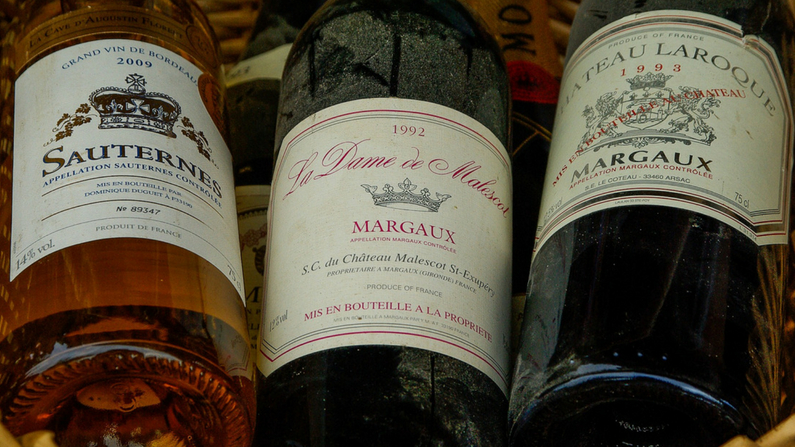
Beyond these, I also learned that Riesling and Chenin Blanc continue to be impossible for me to differentiate. I’ll keep working on that.
Learn more: Visit The Court of Master Sommeliers website.
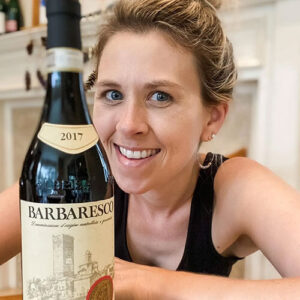

Discover six lesser-known grape varieties that offer distinctive flavors and are worth exploring beyond the classics.

Discover effective strategies for WSET Level 3 success, including structured planning, mastering sparkling & fortified wines, & focusing on command words for exam readiness.
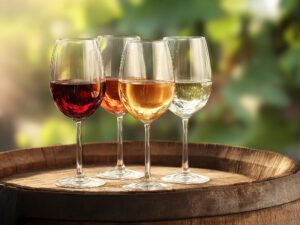
Dive into how hue reveals grape variety, winemaking choices, and aging: what subtle shades whisper about your wine.
No matter your current skill level, we can help you improve – pass that exam, share your wine knowledge with others, guide your buyers, enhance your guests’ experience, and show up with confidence and credibility as a wine professional!
Feeling overwhelmed by everything there is to study in wine?
Struggling to stay consistent with tasting, or make it feel purposeful?
Craving connection with others who get what you’re working toward?
Let’s make studying wine less overwhelming, more consistent, and fully enjoyable!
Enter your email below to join our wine newsletter, where we share expert tips, study tools, tasting insights, and updates to support you on your wine journey!
By submitting, you are consenting to receive marketing emails from The Grape Grind. You can unsubscribe at any time.
Want to get better at tasting wine?